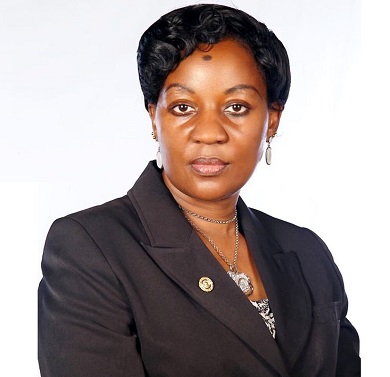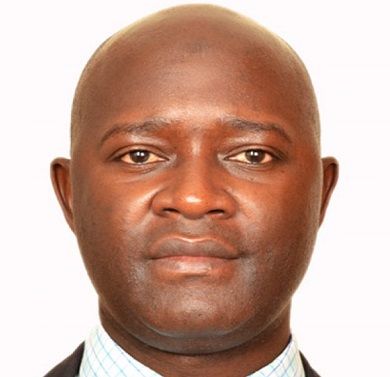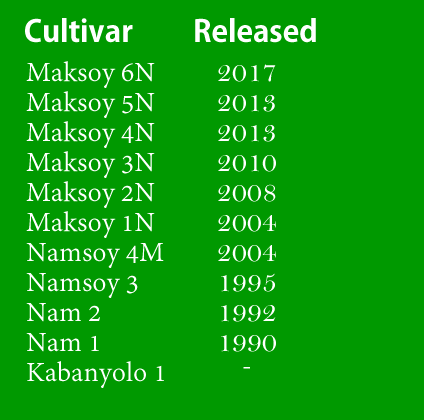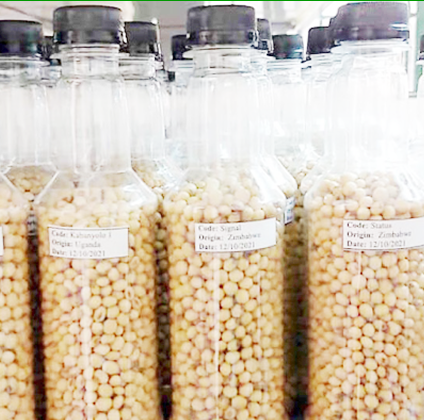
About CAES
Makerere University College of Agricultural and Environmental Sciences (CAES) is one of the 10 Constituent Colleges of Makerere University. The College was formed through a merger of the former: (i) Faculty of Agriculture, (ii) Faculty of Forestry and Nature Conservation, (iii) Makerere University Institute of Environment and Natural Resources; and (iv) the Department of Geography. The College is made up of three schools: School of Agricultural Sciences (SAS), School of Food Technology, Nutrition and Bioengineering (SFTNB), and the School of Forestry, Environmental and Geographical Sciences (SFEGS), which together have eight Departments. In addition, CAES has two research institutes namely: Makerere University Agricultural Research Institute Kabanyolo (MUARIK) and Makerere University Biological Field Station (MUBFS).
The College also has 14 centres that serve as a base for knowledge transfer and partnerships, these are complemented by facilities located at Nyabyeya Forest College and Budongo Conservation Field Station that cater for Forestry students. The College human resource consists of 400 employees, 170 Academic staff of whom 140 are PhD holders at ratio of 20% female, with 19 staff at the rank of professor and 31 at the rank of Associate Professor. It has over 2,922 students. Of these 2,758 (94.4%) are undergraduate students and 164 (5.6%) are graduate students (Masters and PhD). CAES is offering 15 undergraduate programmes, 19 master’s programmes, 11 PhD programmes and three post graduate diplomas in the broad areas of agriculture, food science and nutrition, forestry, environmental and geographical sciences. To support its mandate, CAES has eight libraries, 19 research laboratories, six computer laboratories, and one GIS laboratory.
The College continues to rank high in excellence in innovative teaching, research and innovations contributing to the realisation of Makerere University’s strategic direction which is oriented on addressing national and global development priorities. Over the years, the faculty at CAES have produced cutting-edge research and innovations that have greatly uplifted the ranking and position of Makerere University. CAES’ publications have grown to 350 per year.
Our Schools

CAES Leadership



Our Strategy
In her strategic direction of 2020/2030, Makerere University aspires to become a research-led university and is prioritising graduate training, innovations and entrepreneurship. This means that all activities must be research informed and the training must be learner-centered. It also calls for increased enrolment in graduate programmes. In responding to this aspiration, CAES is transforming its mode of operation in order to stimulate innovativeness and entrepreneurship within learners and faculty.
A “Pact” for transformation change at CAES was developed through which we shall be innovative and intentional on transforming into a College, with effective and efficient management systems, adequate supportive infrastructure and highly motivated staff . The staff shall productively engage with stakeholders and produce skilled, entrepreneurial, innovative and work-oriented graduates, able to innovatively respond to challenges, needs and aspirations in the agricultural and environmental sectors. The desired transformation calls for changes in the way we deliver on our mandate. CAES continues to collaborate with national, regional and international partners to support its research and innovation engagements.
Mak Soybean Varrieties



